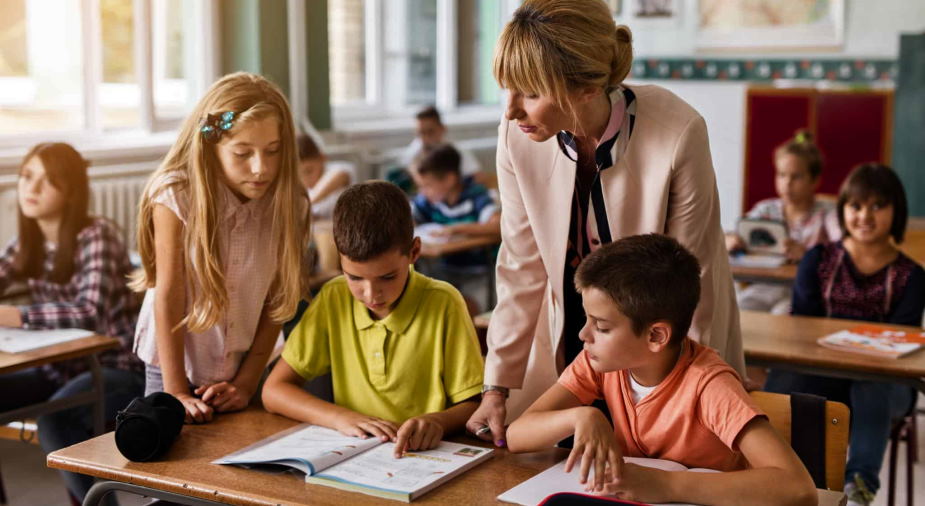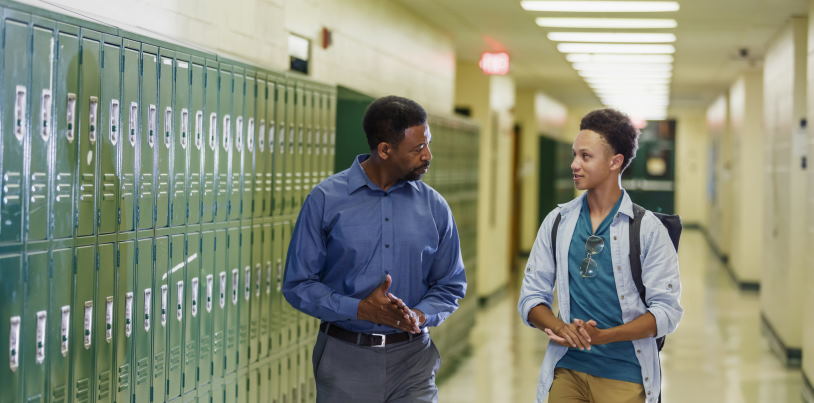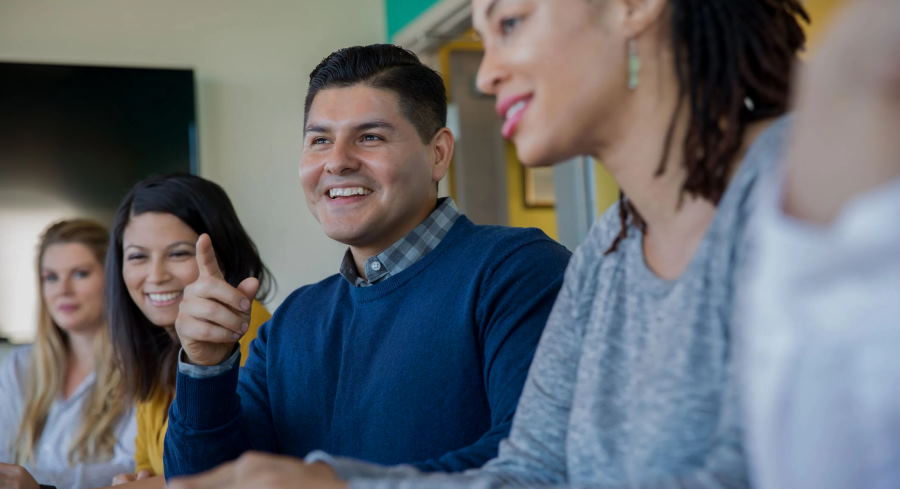
Tips for Building Strong Teacher-Student Relationships
It’s no secret that strong relationships between teachers and students lead to positive learning outcomes. But what are the best ways to build those relationships? Check out the tips below for ideas on creating a supportive environment in your classroom.
A strong teacher-student relationship is essential for a positive school experience. The following tips can help you create and maintain these relationships. First, get to know your students. Take the time to learn their names and interests. You will be better able to connect with them when you show that you care about them as individuals. Second, make a point to be responsive to your students’ needs. If they need help, offer assistance; if they need encouragement, offer words of support. Third, model respectful behavior yourself. Show your students how they should treat others by behaving politely and respectfully. Finally, stay connected with your students outside of the classroom. Keep in touch by sending emails, text messages, or handwritten notes throughout the year.

Why is the relationship between teacher and student important?
It is often said that the relationship between a teacher and student is one of the most important in a child’s life. This is because, during the time a student spends with a teacher, they learn about the subject being taught and how to learn and interact with other people. A good teacher can help foster a love of learning in their students, while a bad one can turn students off from school altogether. That’s why it’s so important for teachers to find the right balance between challenging their students and keeping them interested in class. Luckily, there are plenty of resources out there to help teachers do just that.
One of the most important relationships in a child’s life is their one with their teacher. This relationship is so important because it can shape the child’s future. A good teacher can help a child learn and grow, while a bad teacher can ruin their education and cause them to fall behind.
A strong relationship between teacher and student helps create a positive learning environment where both parties feel comfortable asking questions and sharing ideas. When students feel like they can trust their teachers, they are more likely to be open to new information and teachings. In addition, this type of relationship allows for better communication between both parties, which leads to more effective teaching and learning.

Ways to build student relationships from an online teacher
As an online teacher, it’s important to find ways to build relationships with your students. One way to do this is by using technology tools that allow for communication and collaboration. These tools can help you get to know your students better and help them feel connected to you and their classmates. We’ll explore some of the best tools for building student relationships from an online teacher perspective. Stay tuned!
There are many ways to build relationships with your students, even if you’re teaching online. Here are a few ideas:
- Talk about your own experiences as a student. This can help create a connection with your students and show them that you understand what they’re going through.
- Share pictures and videos of your life outside of school. This can help students get to know you better and see that you have a life outside of teaching.
- Make time for discussions on the course forum or in-class chat sessions. These conversations can help build rapport between you and your students.
- Encourage your students to share their thoughts and feelings on assignments or topics discussed in class. This will give your insight into how they might react to certain situations or challenges during the semester.
- Send emails to your students regularly, even when you’re not teaching them in person. This shows them that you care about their progress and allows them to ask questions if there are any issues with assignments or anything else related to schoolwork. You can also use email as an informal way of getting feedback from students before starting new projects, so everyone is prepared for what lies ahead!